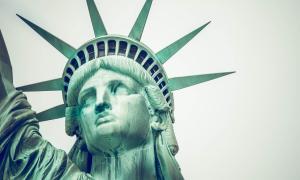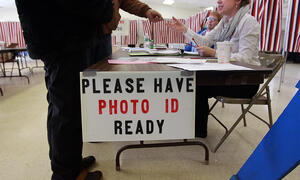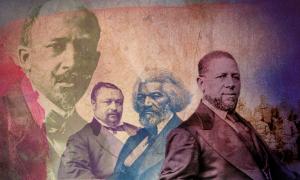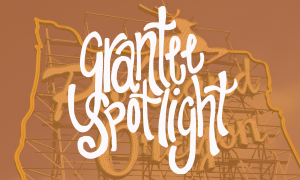Help Ensure Immigrant Families Have What They Need


“Disability is the way other people don’t accommodate you or respond to you.”
—Ashley Dalton, Southern Poverty Law Center
Changing the learning environment to be more inclusive—instead of a focus on changing the learner—creates opportunities for accessible education practices that benefit all young people. These LFJ magazine articles explain how, for children to thrive in more inclusive learning environments, social justice and equity movements must include intersecting identities and disability rights.

This week, a photograph of a math assignment asking fifth graders to set prices for enslaved people went viral. Assignments like this are clearly harmful. But students can learn about slavery in ways that recover the lives and histories of enslaved people or dehumanize them; celebrate their resistance or erase their agency; recognize how slavery shaped our nation or ignore it completely. Educators can teach this hard history—and teach it well—in any discipline, to students of almost any age. Here are a few examples of how.
Disinformation and extremism in the current politically polarized landscape threaten the well-being of young people and communities across our country. Helping young people build resilience against manipulative extremist narratives and conspiracy theories requires all adults in a young person’s trusted network to be equipped with the skills and knowledge to intervene. A key strategy for building this resilience is offering communities tools to both identify insidious extremist narratives and strengthen their own care networks. These LFJ articles provide resource connections.
Young people have always met challenges head-on, and contemporary youth activists have an ever-increasing set of issues to address—ongoing systemic racism, economic inequality, gun violence, reproductive and human rights, an accelerating climate crisis and more. The unwavering support of committed adults can help young people in their endeavors to realize their power and promote justice.
To today’s youth activists: We see you, we celebrate you and we encourage your work. You are the agents of change for the future.


